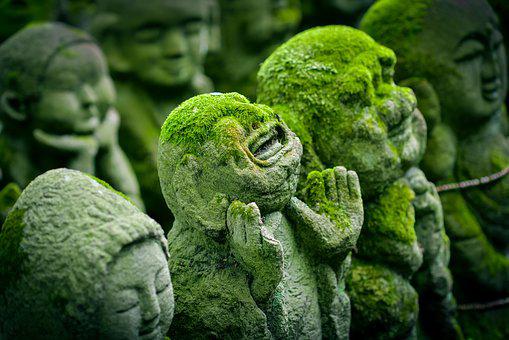In a previous installment, we alluded to the strength and weakness at the same time of “the proposal of the Global Curriculum of the Social Solidarity Economy”, subsumed in the argument that “Many of these initiatives are recognized and supported by UNESCO”, under the support of a question: is UNESCO not part of the organizational design linked to the hegemony of big capital? Many of the actions from the social and solidarity economy groups have advanced without revering social conventions, now in that effort because “people live happily, even if they do not have permission” (Benedetti dixit).
I believe that A. Nuncio, a theoretical reference for his contributions to studies on entrepreneurs in Mexico, particularly the northern business community, advances in a similar direction, concentrating his energy mainly on UNESCO: “If the agendas of the UN and its specialized agencies had a certain margin of precision, we would not be witnesses of the world in which we live. Poverty –to the degree of causing famine in some regions–, violence, emigration, racism, social discrimination and, along with it, destruction of natural resources”, emphasizing the importance of critical analysis and distance in the face of complicity that has “effects contrary to life and nature”, in which education plays a key role, which requires rethinking the role of the university (The necessary university for Latin America, La Jornada, 07/30/2022).
It is an unavoidable task, in our historical moment, very complex. Some sample buttons. We quoted E. Dusell, reflecting on Good Living, arguing that it is “a life project that unifies human existence and allows you to give meaning to what happens.” In a similar sense, V. Toledo points out, regarding “Spirituality and the defense of the land” (La Jornada, 07/14/2022), that “It is one thing to proclaim the recovery of the balance of ecosystems and another very different to assume the defense of Mother Nature. The former dominates the discourses that flow from academic elites, business organizations, and United Nations agencies. The second is increasingly present in the resistance of peasant and indigenous peoples and in the most radical and advanced environmental struggles. Only spirituality will succeed in stopping the road to collapse”. The recovery of balance is part of the goals of the UN organizations, the resistance is elsewhere (in the recovered factories, in agroecological criticism, in the rereading of the conquest, in the actions of the original peoples and their demands , e.g.).
Due to the tone of the discussion, and the documented collapse to which we have as a civilization subjected to nature, in these conditions it is not difficult to affirm that we are in a historical condition of gaps and social fragmentation in which different ways of understanding and acting are present. about nature and humanity. It is not strictly a matter of “Rebellious Churches”, as G. Sheridan (El Universal, 10/20/2020) argued to B. de Sousa, when he pointed out about Nature and culture: “It is a spirituality that is not understood from the scientific point of view that does not see that nature is a living being: the Earth does not belong to us, we belong to Mother Earth”, Sheridan answers as a poet.
The criticism is clear, and very pertinent if it is documented, following Nuncio, in the need in the university space, and social in general, to “encourage debate, doubt (They do not teach us to doubt, Ortega y Gasset complained) , the analysis of real problems”, without the weight of confessionals or conceptual abuses (A. Cirese, 1987). The question is pertinent: does nature belong to us? It is not a minor issue, nor does it deviate from a very dense scientific discussion. Just as when Don Quixote is alluded to, and the first words are remembered: “In a place in La Mancha…”, in the case of Darwin’s masterpiece (The Origin of Species) almost at the beginning it is stated: “The great Most naturalists believe that species are immutable productions and have been created separately. […] But there are other naturalists who believe that species go through modifications and that the forms of life that are known today descend by direct generation from pre-existing forms”.
Let us remember that almost 50% of the young and adult North American population, in that country with a high scientific and technological level, paradoxes included, in our present do not believe in the theory of evolution. In this regard, it is worth recalling the critical reflection on the argument of immutability in nature, by F. Engels in the Dialectics of Nature, in its first pages, forming part of the second group of theorists, critics of the “absolute immutability of the nature”
There is plenty of evidence that there has been an attempt to extract a marketing crack from Good Living, from Living Tasty, at the same time as the absence of a more rigorous theoretical approach and historical documentation of the scope and limits in the spaces in which it is they defend the epistemology of the south and the dialogue of knowledge. This superficiality was alerted by Ignacio López Moreno, in a chat at the 1st Forum of the UAM on Social and Solidarity Economy -formed at the UAM recently-, pointing out that “concepts contain essences, meanings and desires that we should not ignore when using them” . The intelligent contribution to this debate by E. de la Garza Toledo (professor at UAM Iztapalapa, who died in 2021), for his criticism of B. de Sousa, is part of the tasks to be addressed in this task that is beginning.

